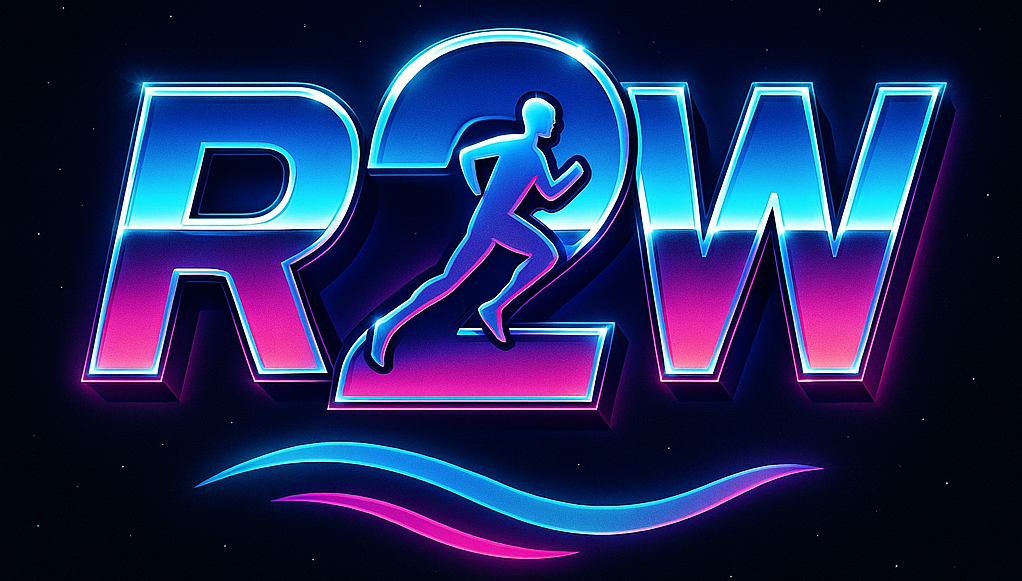 As we age, paying close attention to nutrition becomes more important. Vitamins and minerals are more than mere nutrients; they play a role in keeping our brains sharp and our minds clear. Increasing evidence suggests that a diet loaded with the right nutrients might support cognitive health in seniors.
As we age, paying close attention to nutrition becomes more important. Vitamins and minerals are more than mere nutrients; they play a role in keeping our brains sharp and our minds clear. Increasing evidence suggests that a diet loaded with the right nutrients might support cognitive health in seniors.
In this guide, I explore the impact of vitamins and minerals on senior cognitive health. We will look closely at which nutrients matter the most, how to incorporate them into your daily diet, and what lifestyle changes may help step up their benefits. Whether you have started taking supplements or are considering a dietary overhaul, this guide offers practical information to help you decide your next steps.
Step 1: Understand How Vitamins and Minerals Support Cognitive Health
The first step is understanding the role that vitamins and minerals play in brain function. Many vitamins help protect brain cells, aid in neurotransmitter production, and support your body’s defense against oxidative stress. Minerals work in tandem with vitamins to keep these processes running smoothly. Recognizing their functions helps you appreciate how they form a vital foundation for preserving cognitive abilities as you age.
Key Questions to Consider:
- Which nutrients are known for supporting brain function?
- How do these vitamins and minerals work together?
- What deficiencies might affect cognitive performance?
- Are there specific recommendations for seniors?
Knowing answers to these questions helps in making informed decisions about your health.
Step 2: Explore the Key Nutrients for Brain Function
Seniors benefit from focusing on nutrient-rich foods and supplements that offer targeted brain-support properties. Research has connected several vitamins and minerals with improved memory and sharper focus. When planning your diet, it is helpful to consider the various roles these nutrients play in overall cognitive health.
Focus on These Nutrients:
- Vitamin B Complex – Vitamins like B12 and folate are essential for neurotransmitter production and brain repair.
- Vitamin D – Keeping levels optimal assists nerve cell communication and may ward off cognitive decline.
- Vitamin C and E – These antioxidants fight oxidative stress, which can damage brain cells.
- Magnesium – Helps in nerve transmission and can reduce stress.
- Zinc – Supports communication between brain cells.
Focusing on these nutrients can lead to a more targeted approach to maintaining cognitive health as you age.
Step 3: Build a Balanced Diet for Brain Support
A nutrient-rich diet is key to supplying your body with vital vitamins and minerals. Creating meal plans that are full of these nutrients positively impacts cognitive function over time. A balanced diet not only aids nutrient absorption but also supports your overall well-being.
Consider Including These Foods:
- Leafy Greens: Spinach, kale, and Swiss chard, which deliver folate and other essential nutrients.
- Whole Grains: Quinoa, brown rice, and oats provide steady energy and help with nutrient absorption.
- Nuts and Seeds: Almonds, walnuts, and flaxseeds, great sources of vitamin E and magnesium.
- Dairy and Fortified Alternatives: These offer vitamin D and B12, which are particularly important for seniors.
- Fruits and Vegetables: Citrus fruits, berries, and bell peppers are loaded with vitamin C and antioxidants.
Building meals around these foods can secure a broad spectrum of vitamins and minerals while keeping your diet satisfying and balanced.
Step 4: Optimize Supplement Use and Manage Nutrient Absorption
Even with a nutrient-packed diet, some seniors may face challenges in absorbing vitamins and minerals. Aging, medications, and gut issues can affect how well your body takes in these nutrients. In such cases, supplements can bridge the gap, but they should be used wisely.
Ways to Improve Nutrient Absorption:
- Consult a Healthcare Provider: They can suggest supplements based on your individual needs.
- Test Blood Levels: Regular testing for key nutrients like vitamin D and B12 can guide your supplementation strategy.
- Choose High-Quality Supplements: Go for products verified by independent labs to ensure you get what you need.
- Monitor Interactions: Some supplements may interact with medications, so review new additions with your doctor.
Professional guidance can help avoid pitfalls and ensure that your nutrients support brain health effectively.
Step 5: Integrate Lifestyle Habits That Boost Nutrient Efficiency
The benefits of vitamins and minerals are greater when paired with supportive lifestyle habits. It isn’t just what you eat; how you live also determines nutrient absorption and efficiency.
Simple Tips to Boost Nutrient Effectiveness:
- Regular Physical Activity: Exercises like a daily walk can increase blood flow and improve nutrient delivery to the brain.
- Adequate Sleep: Good sleep helps your brain process information and repair itself using nutrients from your diet.
- Stay Hydrated: Drinking water throughout the day helps your body absorb nutrients more efficiently.
- Mental Stimulation: Engaging in activities like puzzles or reading keeps your brain active and adaptable.
- Manage Stress: Using relaxation techniques, such as deep breathing or gentle yoga, can help prevent nutrient depletion caused by chronic stress.
These habits can act like boosters for the nutrients, ensuring your body makes the most of them.
Step 6: Monitor and Adjust Your Nutrient Approach Over Time
Maintaining cognitive health is an ongoing process. What works at one stage of life might need tweaking later. Remaining flexible and informed about nutritional research can help you modify your approach effectively.
Long-Term Strategies:
- Regular Check-Ups: Routine visits help track nutrient levels and changes in cognitive function.
- Adapt to New Information: As nutritional insights evolve, consider updating your dietary choices.
- Keep a Food Journal: Recording meals and noting how you feel can uncover trends and guide adjustments.
- Reevaluate Supplements: Periodically review your supplement routine as your needs change over time.
Monitoring your health and consulting professionals can help tailor your nutrient plan to your evolving needs.
Step 7: Common Questions & Troubleshooting
What if I have trouble absorbing nutrients?
Absorption issues are not uncommon, especially among seniors. Reduced stomach acid or medication interactions might impede nutrient uptake. Speak with your healthcare provider for an assessment and advice on forms like liquid or sublingual supplements that might be easier to absorb.
How do I know if I’m getting enough vitamins and minerals?
Regular blood tests provide insight into your nutrient levels. Monitoring these results over time can show whether your diet or supplement routine is effective, allowing you to make adjustments when necessary.
What if I prefer to get nutrients only from food?
A balanced diet is ideal for nutrient intake. However, if restrictions or health issues make it challenging, even minor tweaks to your meals can boost your nutrient levels.
Is it safe to take multiple supplements at once?
Check in with your healthcare provider. They can help determine if any supplement interactions exist and advise you on proper dosages to prevent excessive intake.
Final Thoughts & Next Steps
Investing in cognitive health is a gradual process that benefits from a mindful approach to nutrition. Vitamins and minerals provide the essential building blocks for brain function, mental clarity, and overall well-being. By knowing which nutrients to focus on, creating a balanced diet, and adopting healthy lifestyle habits, you can better preserve and support your brain over time.
Your Action Plan:
- Learn which vitamins and minerals are most important for brain function and understand why they matter.
- Create a meal plan that includes a variety of nutrient-rich foods, and consider supplements if recommended by your doctor.
- Incorporate supportive habits like regular exercise, proper sleep, and stress management to help your body make the most of the nutrients you consume.
- Schedule regular check-ups to measure nutrient levels and adjust your diet or supplement regimen accordingly.
Maintaining cognitive health isn’t about radical changes overnight. It’s about establishing a sustainable routine that supports your brain over the long haul. Small, consistent steps can lead to continued mental clarity and a better quality of life. What nutrient or dietary change will you focus on first? Your brain might just thank you for it!

